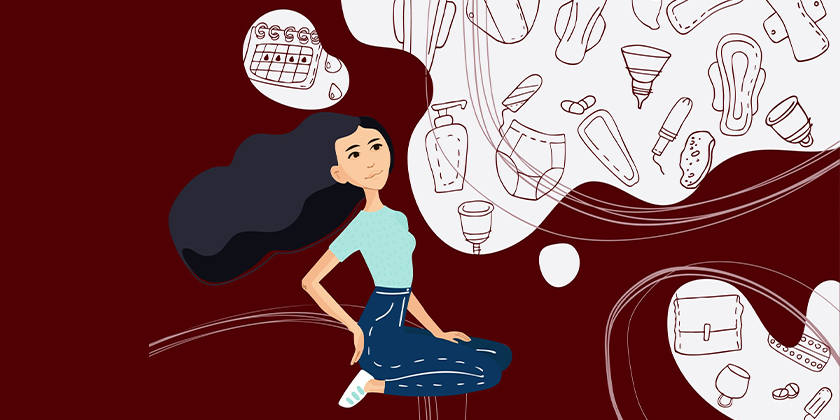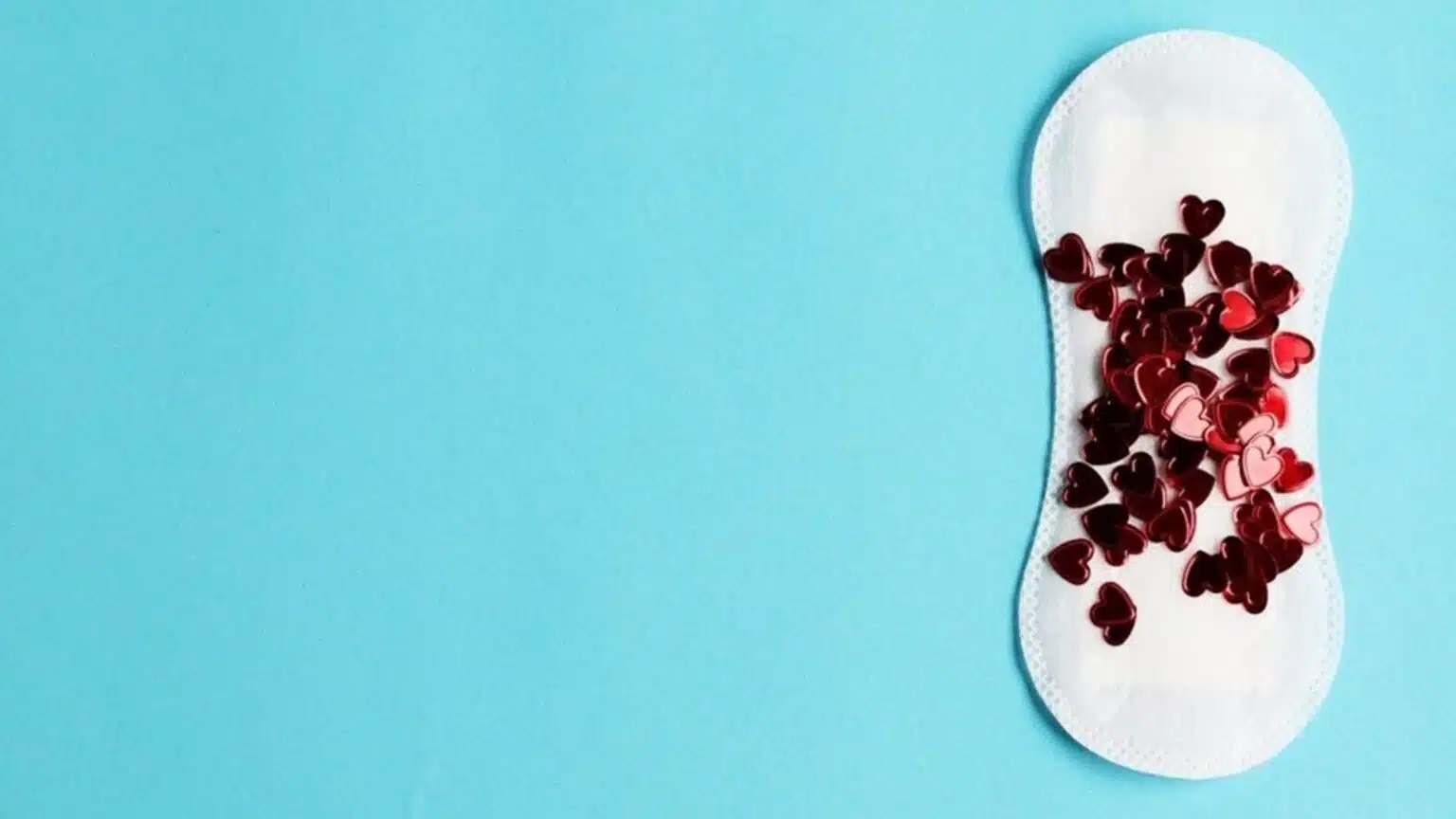Menstrual blood is the only source of blood that is not traumatically induced. Yet, in modern society, this is the most hidden blood, the one so rarely spoken of and almost never seen, except privately by women.
~ Judy Grahn
As the history of sanitation in menstrual health evolved from using old cloth materials from towels, sheets, and garments to sanitary napkins we are once again taking a jump from sanitary napkins to tampons and menstrual cups.
A woman menstruates for 40 years of her life (source: womenshealth.gov). And in these 40 years, she experiences premenstrual syndrome, unbearable cramps, fear of blood stains, and a constantly nagging society that puts them in a position that makes them look weak.

Are women really the way society highlights them, ‘Weak’? According to Dr. John Guillebaud, a menstrual cramp is “almost as bad as having a heart attack”. We simultaneously know the answer that the one who bleeds, gives birth, and lives in pain for approximately 40 years of their life is strong.
As highlighted by menstrual cramps, different bodies react to them differently. For some girls, cramps are breathtaking, for some, it could be medium and for some, it doesn’t exist. Talking about premenstrual syndrome, PMS includes mood swings, slight cramps, bloating, fatigue, depression, and cravings. They also vary from one individual to another.
A wide variety of myths related to menstrual hygiene that women used to carry for such a long time and passed on to their future generations too are something that can only be busted through the right source of knowledge. Busting some myths created by society –
Myths Of Menstrual Hygiene
The first myth, If one misses their periods that means they are pregnant. Now the reality is sure one sign of pregnancy is missing a monthly period but Missing a period is not always an indicator of pregnancy the possibility of missing a period can happen because of an unhealthy diet, stress, and excessive weight.
The second myth is, One shouldn’t touch the pickle during their periods. In that case, the biological periods of the body have nothing to do with pickles or anything external, women need to care for their bodies as much as they can and they are free to touch and eat anything according to their wish.
The third myth, Sh… you shouldn’t say ‘Periods’ out loud it is shameful. Periods are a normal biological process that every woman undergoes there is nothing to be shameful about not saying the word out loud as this helps to prepare our body for several big events like pregnancy
Fourth, Periods are dirty; one shouldn’t touch themselves down there during periods. One needs to incorporate the fact that everyone has rightfully the choice of taking care of themselves in their own unique way without hiding their body parts from their own selves.
Fifth, The word period shouldn’t be said out loud in front of men/boys. Education starts at home. Mothers should feel free to teach their sons about periods rather than hiding sanitary napkins, tampons, or menstrual cups from them, as this is a normal process.
Periods have a series of myths related to hygiene and the way a woman should act, sit or be during her periods. They are underlined as something about which people don’t speak up normally through knowledge and adequate information about periods and body one can learn to normalize these social norms and unwanted pressure that is formed on women while on periods, so rather than mocking, hushing, or controlling women or a girl one needs to be aware that it is as normal as we exist.
Read More:https://tdznkwjt9mxt6p1p8657.cleaver.live/












